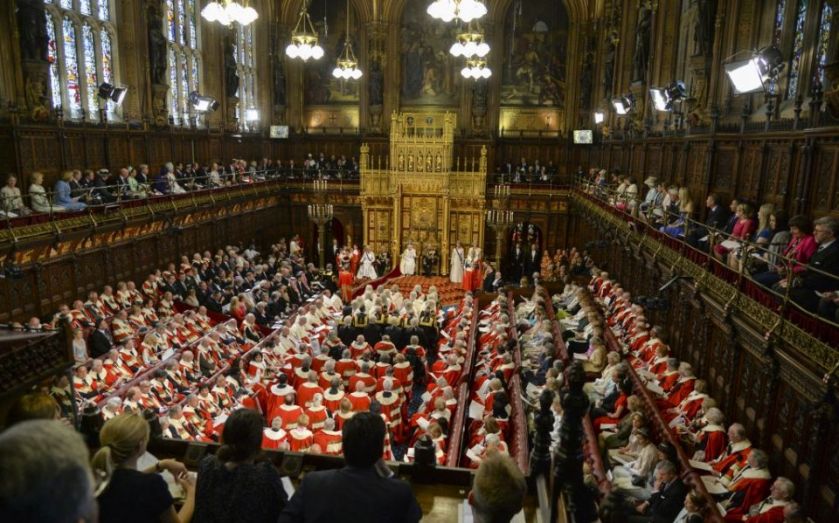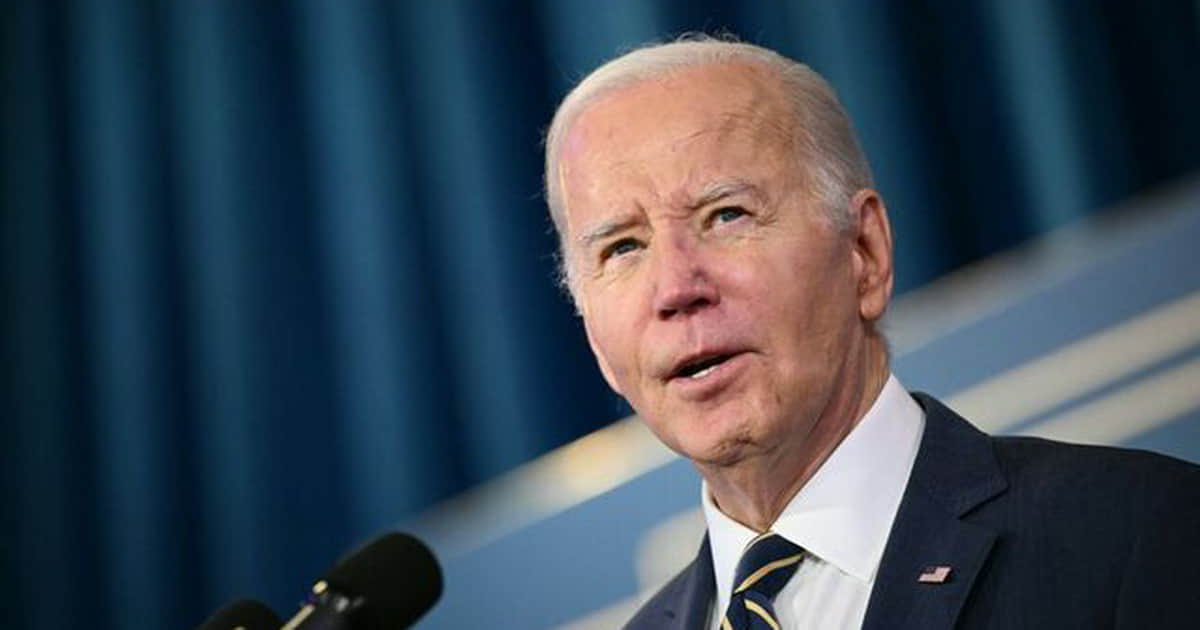Labour plans to scrap hereditary peers… but they’ll be able to keep some perks
Labour is reportedly planning to scrap all hereditary peers in the House of Lords in its first term in office.


Labour is reportedly planning to scrap all hereditary peers in the House of Lords in its first term in office, but the ex-legislators will be allowed to keep their Westminster passes.
The party would end the system of peerages being passed down through family lines, which sees 92 seats in the unelected upper chamber kept aside for the aristocracy, who, like all peers, can claim a daily attendance payment of £342.
However, the former peers – who could no longer vote on or propose new laws – would be allowed to hold onto their passes to the Palace of Westminster, as well as accessing Parliament’s taxpayer-subsided food and drink, the Financial Times reported.
It comes after Labour leader Sir Keir Starmer described the second chamber as an “indefensible” institution, but has since opted to delay plans to do away with it entirely in his first term in government, suggesting it could come after a second general election win.
One Labour figure told the Financial Times: “The crucial thing is ending the anachronism of hereditary peers enjoying a role as legislators of the realm by dint of their aristocratic birthright.
“They can keep their passes to parliament — we’re not bothered about that.”
As of March 2024, the House of Lords has 792 sitting members, comprised of ‘life peers’ appointed either by political parties, or as unaffiliated crossbenchers for their expertise.
Hereditary peers were capped at 92 in 1999 under reforms carried out by Tony Blair, who cut more than 660 peers from the chamber. There are also 26 bishops or ‘Lords spiritual’ who are senior members of the Church of England, such as the Archbishop of Canterbury.
Labour could see a political benefit from scrapping the hereditary peers, as 47 of the 92 are Conservatives, while just four are Labour Lords. There are four Lib Dems, 34 crossbenchers and two non-affiliated peers.
All hereditary peers are currently men, and those nominated for these seats do not undergo propriety checks, unlike life peerages, the Lord Speaker’s committee on the chamber noted, and said was “unjustifiable”, when it recommended the abolition of hereditary peers.
A Labour spokesperson told the paper: “Labour will abolish the House of Lords to ensure the UK’s second chamber better reflects our regions and nations.
“An incoming Labour government will inherit a mess and need to prioritise. The first term will take steps toward significant reform of the chamber.”



